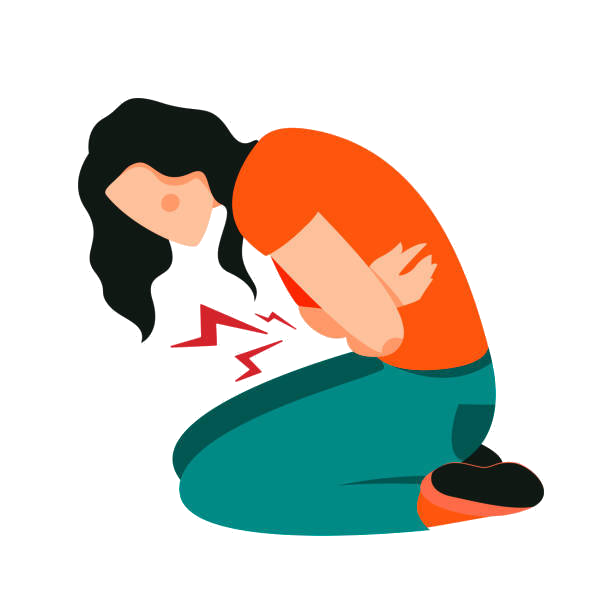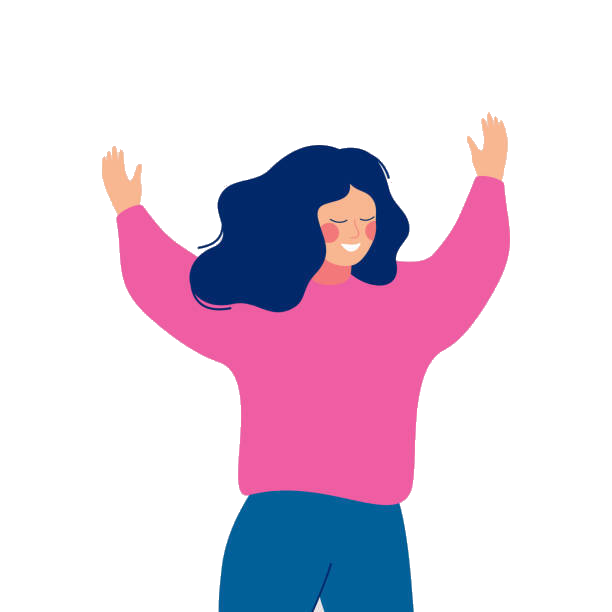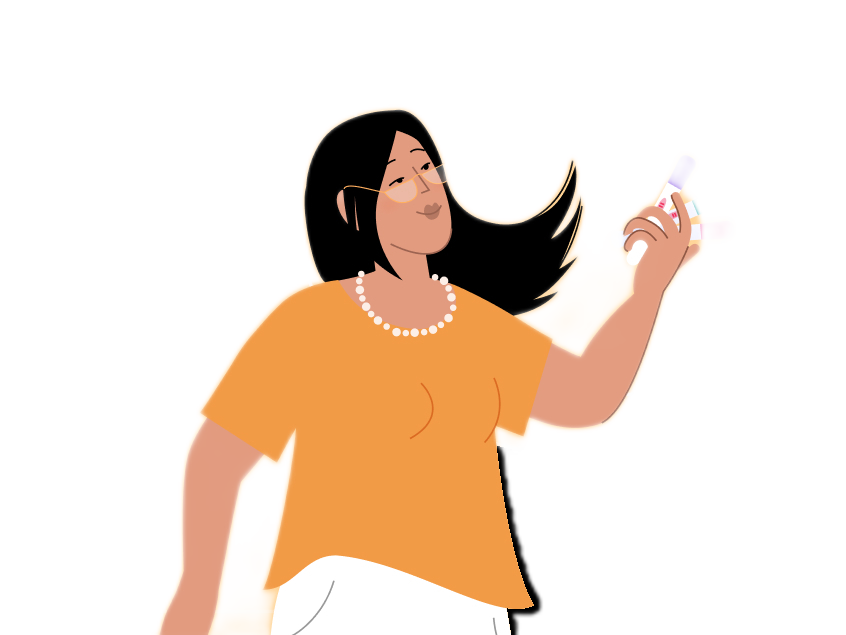What is the Menstrual Cycle?
Intro to menses
- Menstruation is a natural process that happens to girls and women as a part of their reproductive cycle. It involves the shedding of the lining of the uterus through the vagina, which typically occurs once a month.
- Menstruation typically begins between the ages of 9 and 16, although the exact age can vary from person to person.
- The menstrual cycle typically lasts between 21 and 35 days, with the bleeding phase lasting between 2 and 7 days.
What happens in each stage?
We have four phases of our cycle. These are :
Menstrual PhaseFollicular PhaseOvulation PhaseLuteal Phase




























































